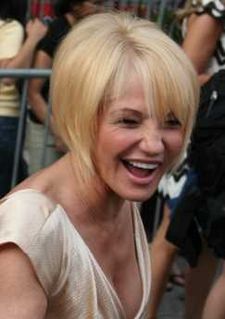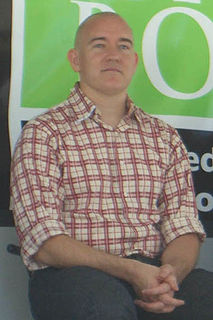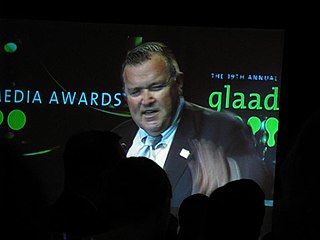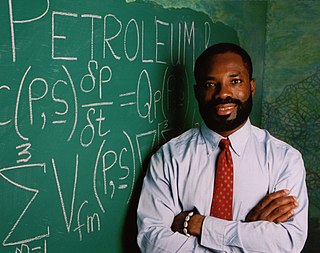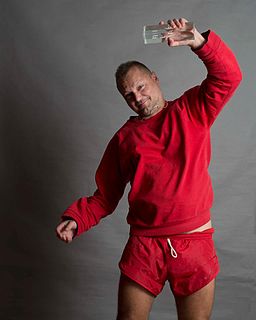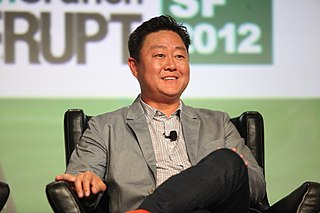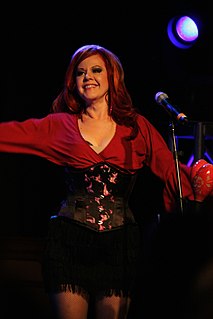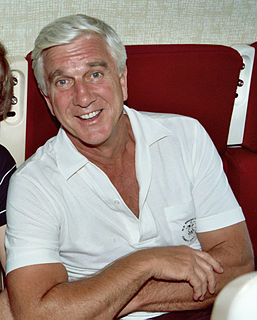A Quote by Edmund White
I can remember in the late 1980s and early 1990s how many men with AIDS I saw everywhere in Key West. There were hospices and medical supply stores geared to people with AIDS. It seemed that every sick man who could afford it had headed for the warmth and the tranquillity and the gay-friendliness of the island.
Related Quotes
Because gay people were so much more visible, violence against gays was more common and reported on. But they were definitely related to each other. In the wake of AIDS, gay people felt like they had to organize, become much more active and visible. AIDS fostered a gay rights movement that made gay people more powerful and more vulnerable at the same time.
ACT UP was trying to explain to Americans that AIDS could affect all of us: that health care that ended once your disease was expensive could affect more than gay men with HIV or AIDS. We were trying to tell them about the future - a future they didn't yet see and would be forced to accept if they failed to act.
Men will shop, but they only shop when they need something. Women shop with passion and because it's enjoyable, and for some, it's even entertainment. All you have to do is step into a mall and see how many stores are geared towards men and how many are geared towards women, and you'll get the picture.
George W. Bush was passionate about AIDS. And we had a 10-minute talk at the interval of a concert at the Kennedy Center about AIDS. And I was astonished about how well-informed he was and his commitment to AIDS. And so it's the typical thing of don't judge a book by its cover until you have read the book.
You know it's very difficult to be an actor, and to have people depending on you to say the right line, at the right time, and to not be able to hear your cues! I can't tell you how many times I would've had to have said What? if I didn't have my hearing aids. So my hearing aids are a life saver, and they allow me to practice my craft.
The best way to deal with AIDS is through education. So we need a really widespread AIDS education program. In fact, what we need in Burma is education of all kinds - political, economic, and medical. AIDS education would be just part of a whole program for education, which is so badly needed in our country.

